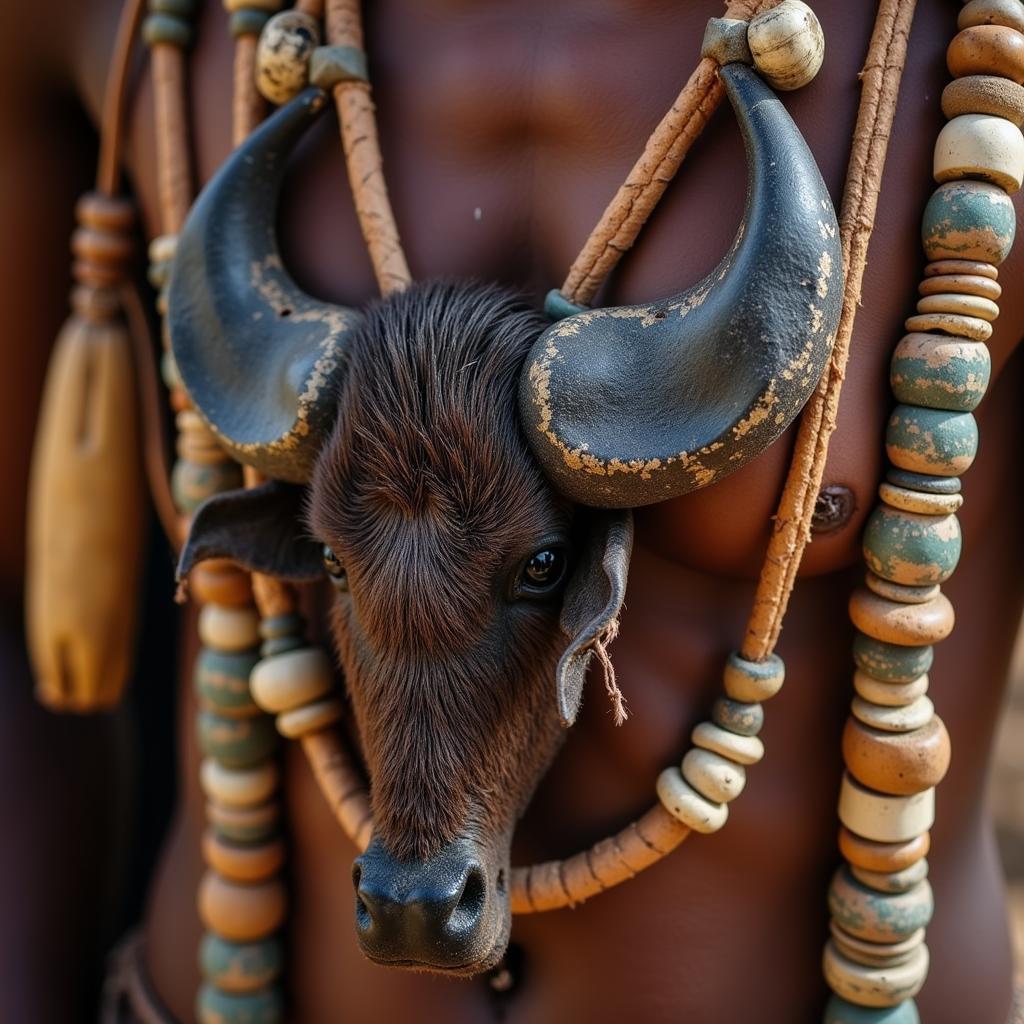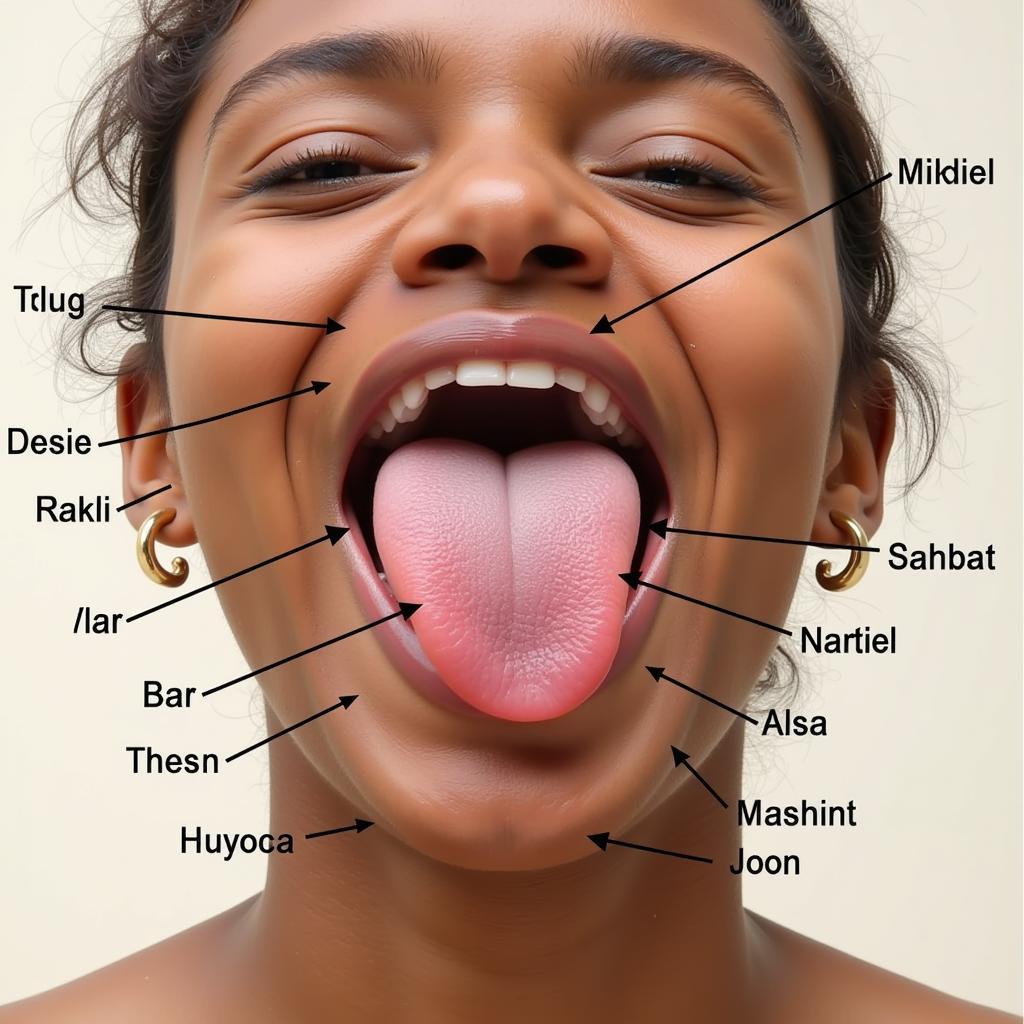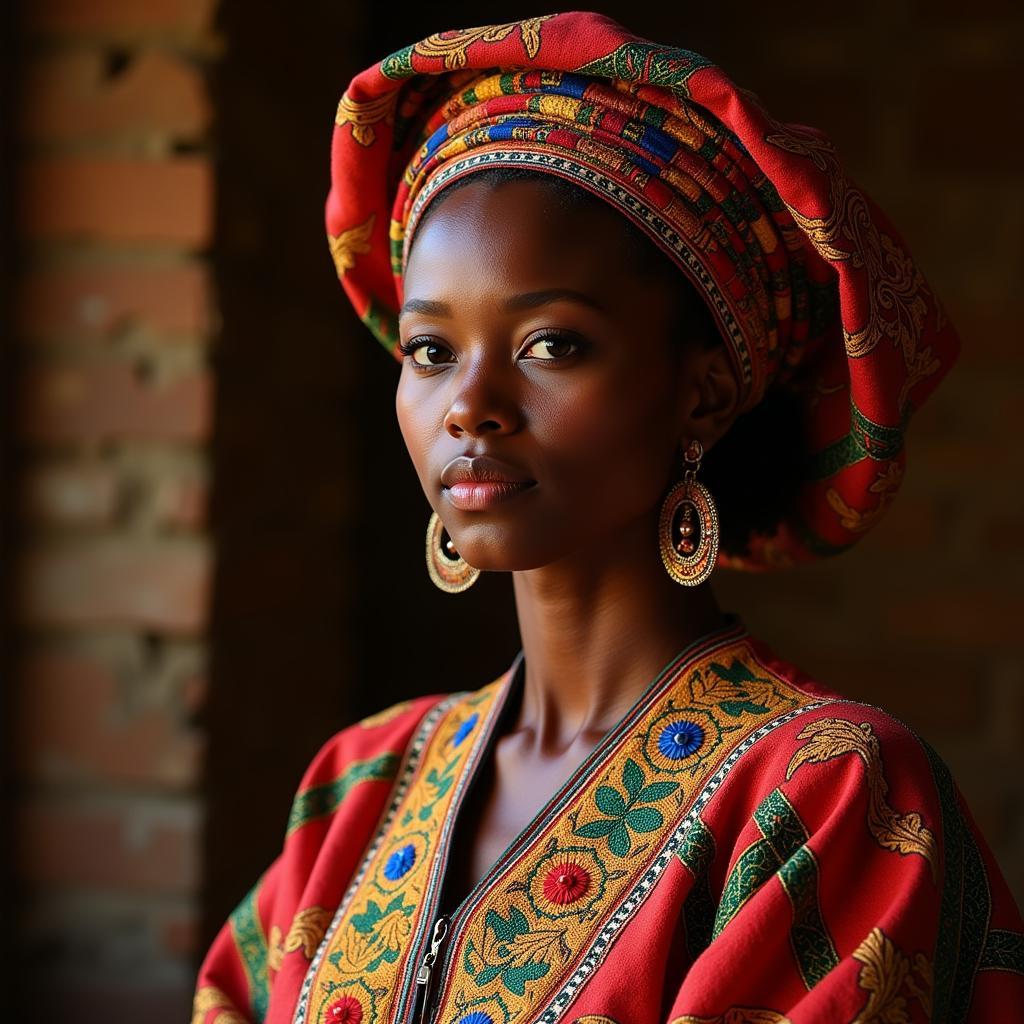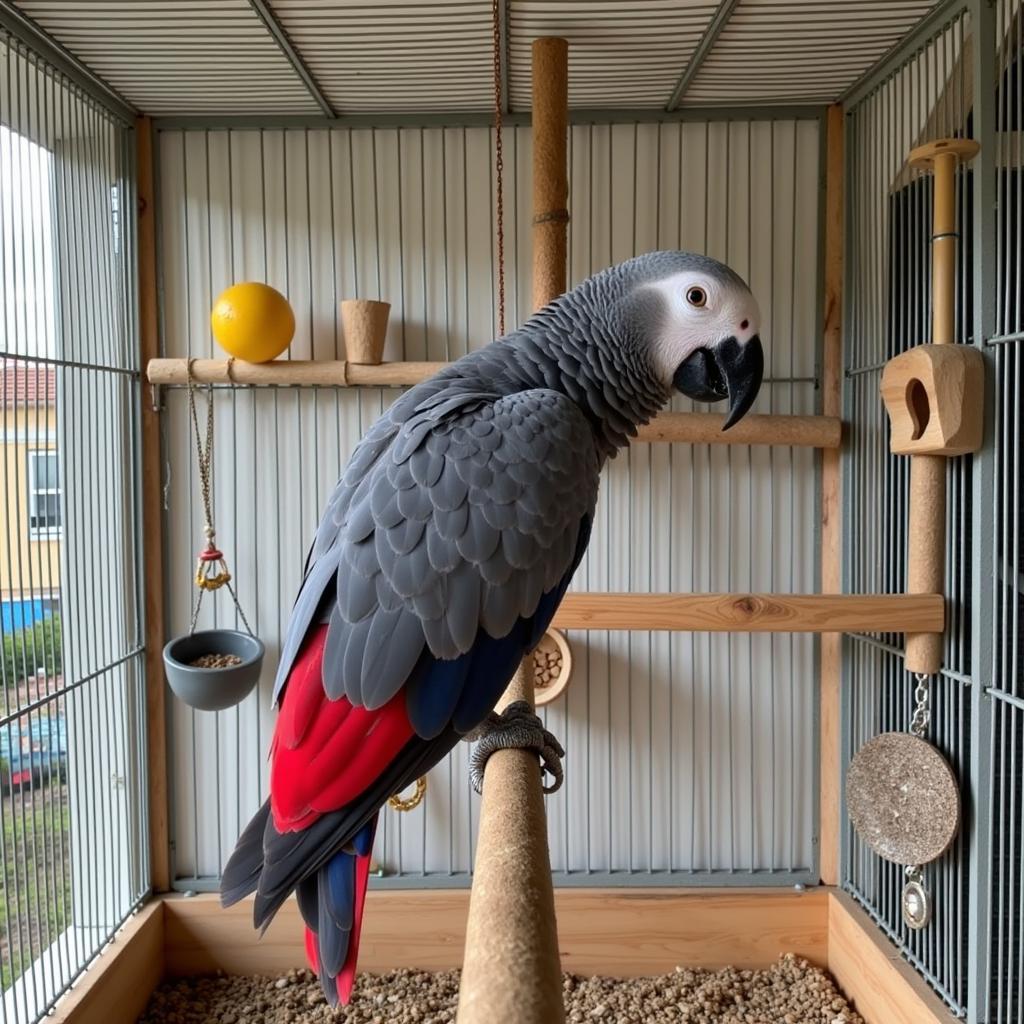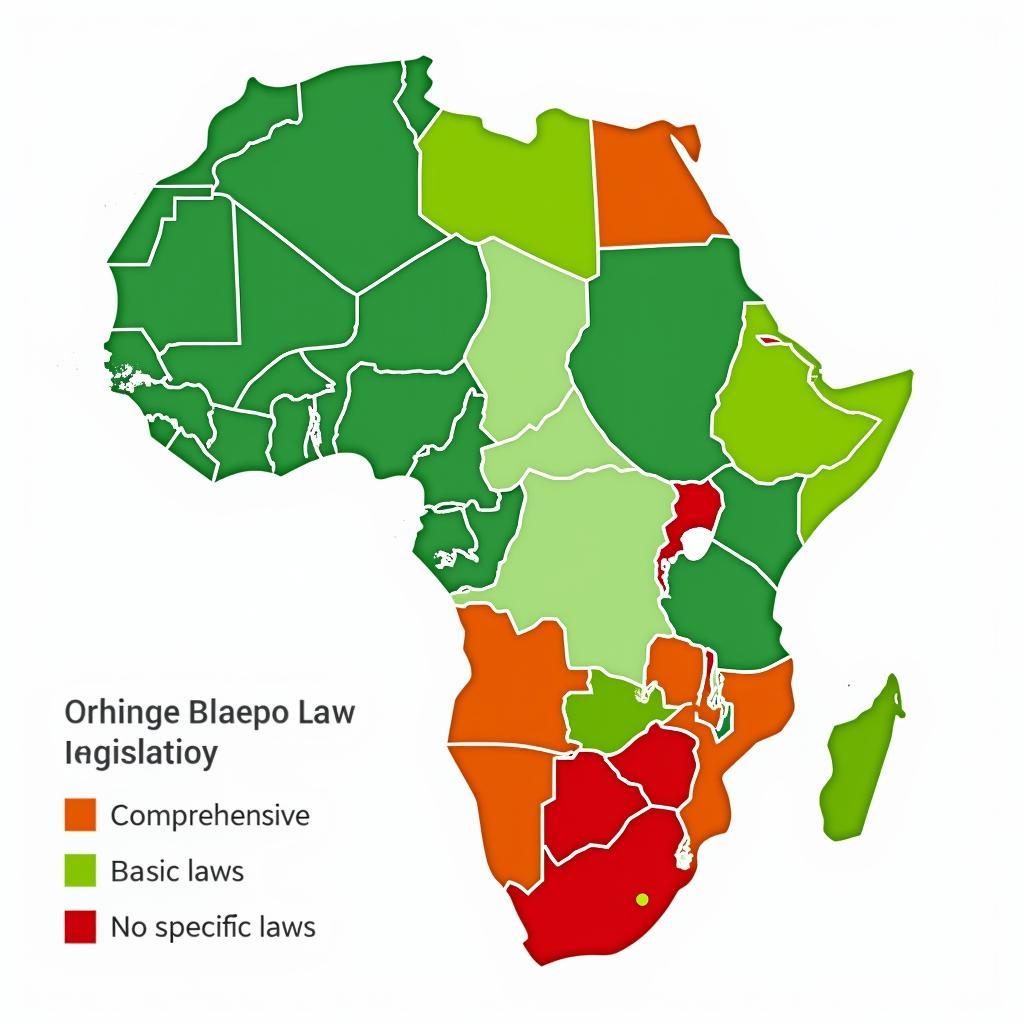Africa and Africans in the Making of the Atlantic World
Africa and Africans played a crucial and often overlooked role in shaping the Atlantic world. Their forced migration through the transatlantic slave trade irrevocably altered the demographics, economies, and cultures of the Americas. Understanding this history is essential to comprehending the modern world.
The transatlantic slave trade wasn’t merely a tragic chapter; it was a complex system that deeply intertwined the fates of three continents. African societies, vibrant and diverse, were decimated by the constant demand for enslaved labor. Their skills, knowledge, and cultural practices, though often suppressed, shaped the development of the Americas in profound ways. Beyond the economic exploitation, the slave trade fostered a cultural exchange, albeit a brutally unequal one, that influenced music, art, religion, and language across the Atlantic. After this initial devastating impact, African culture continued to influence the world. Check out more about African American hair beads.
The Impact of the Slave Trade on African Societies
The slave trade had a devastating impact on African demographics and social structures. Entire communities were torn apart, with the strongest and most productive members often targeted for enslavement. This led to significant population decline in some regions and disrupted economic and political development. The constant threat of raids and capture created an atmosphere of fear and instability, hindering long-term planning and investment in infrastructure.
The Economic Consequences of the Slave Trade in Africa
The economic impact of the slave trade in Africa was complex. While some African rulers and merchants profited from the trade, the overall effect was detrimental. The focus on capturing and selling human beings diverted resources away from other economic activities, such as agriculture and manufacturing. This dependence on the slave trade hindered the development of diversified economies and left African societies vulnerable to external shocks. The legacy of this economic disruption can still be felt today.
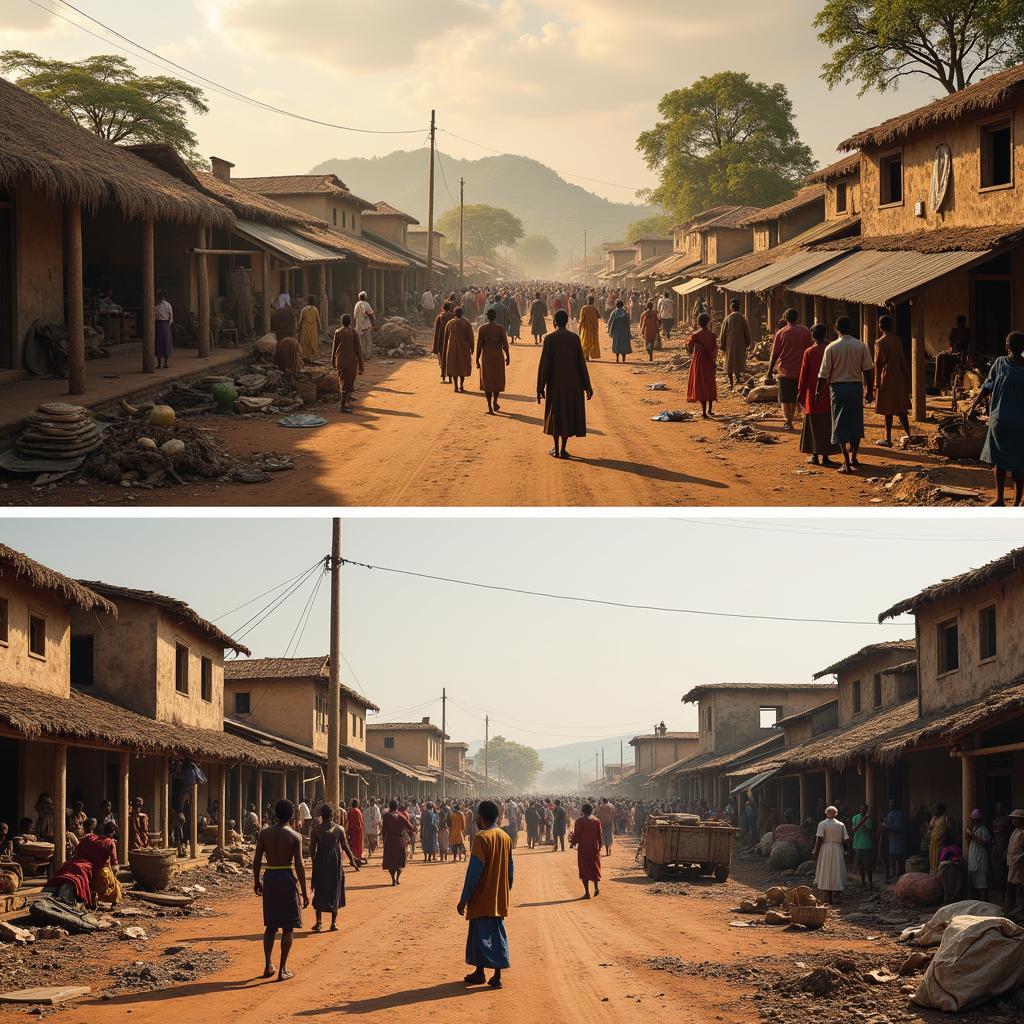 The devastating impact of the slave trade on the African economy
The devastating impact of the slave trade on the African economy
African Cultural Influences in the Americas
Despite the horrors of enslavement, Africans retained and adapted their cultural heritage in the Americas. Music, dance, storytelling, and religious practices provided solace and a sense of community in the face of adversity. These cultural expressions blended with European and Indigenous traditions to create new hybrid forms that enriched the cultural landscape of the Americas. You can learn more about African American cooking recipes.
How African Music Shaped American Music
African musical traditions, characterized by complex rhythms, call-and-response patterns, and improvisation, profoundly influenced the development of American music. From spirituals and blues to jazz and rock and roll, the echoes of African musicality can be heard throughout American musical genres.
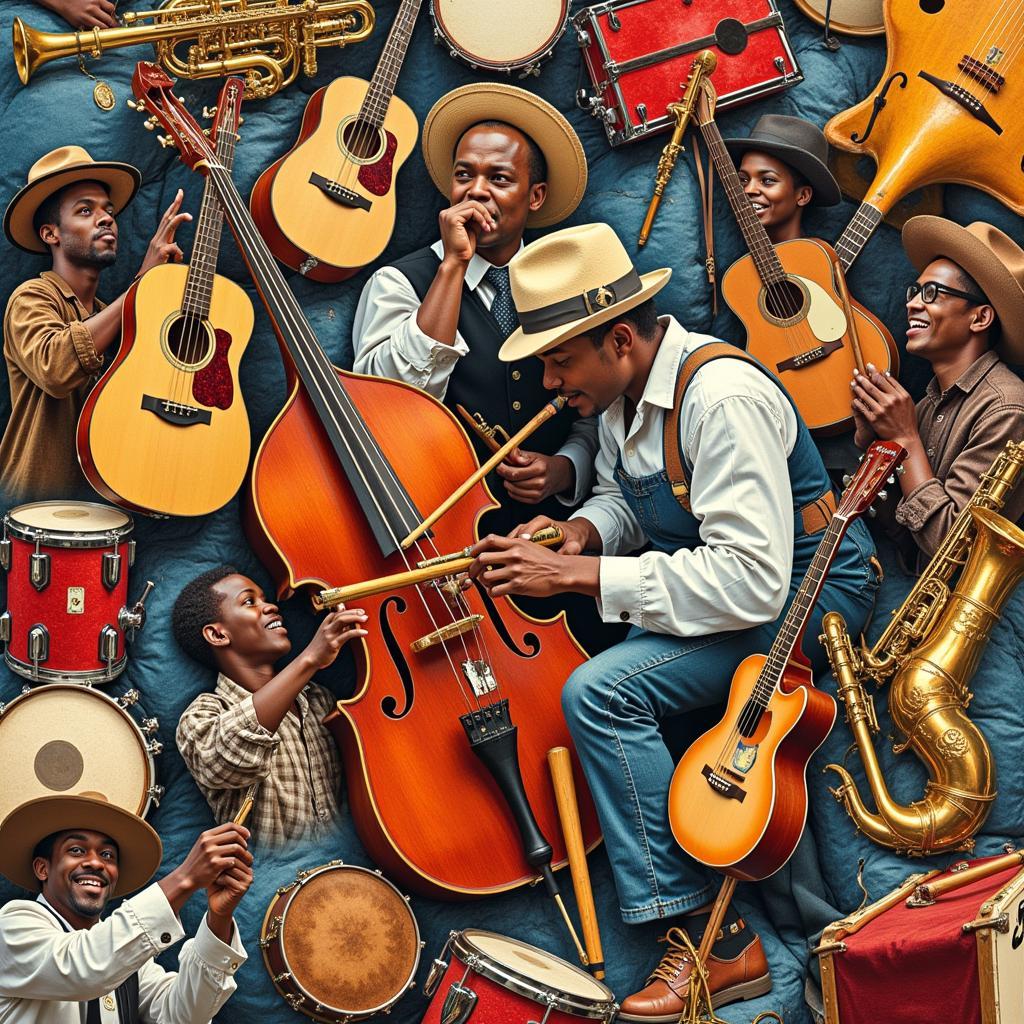 The influence of African musical traditions on American music genres.
The influence of African musical traditions on American music genres.
Resistance and Resilience: The African Struggle for Freedom
Throughout the era of the transatlantic slave trade, Africans resisted their enslavement in various ways. From armed rebellions to subtle acts of sabotage and cultural preservation, they fought to maintain their dignity and humanity. These acts of resistance, large and small, demonstrate the indomitable spirit of Africans in the face of unimaginable hardship. To understand the origins of many African Americans, read about African American came from which country.
How did Africans Resist Enslavement?
Resistance took many forms, from feigning illness and slowing down work to organizing armed uprisings. Escaped slaves often formed independent communities known as maroons, offering refuge and a base for continued resistance. The stories of these maroon communities are a testament to the enduring human desire for freedom. For a deeper understanding of the rich cultural heritage, explore the African folktales tradition.
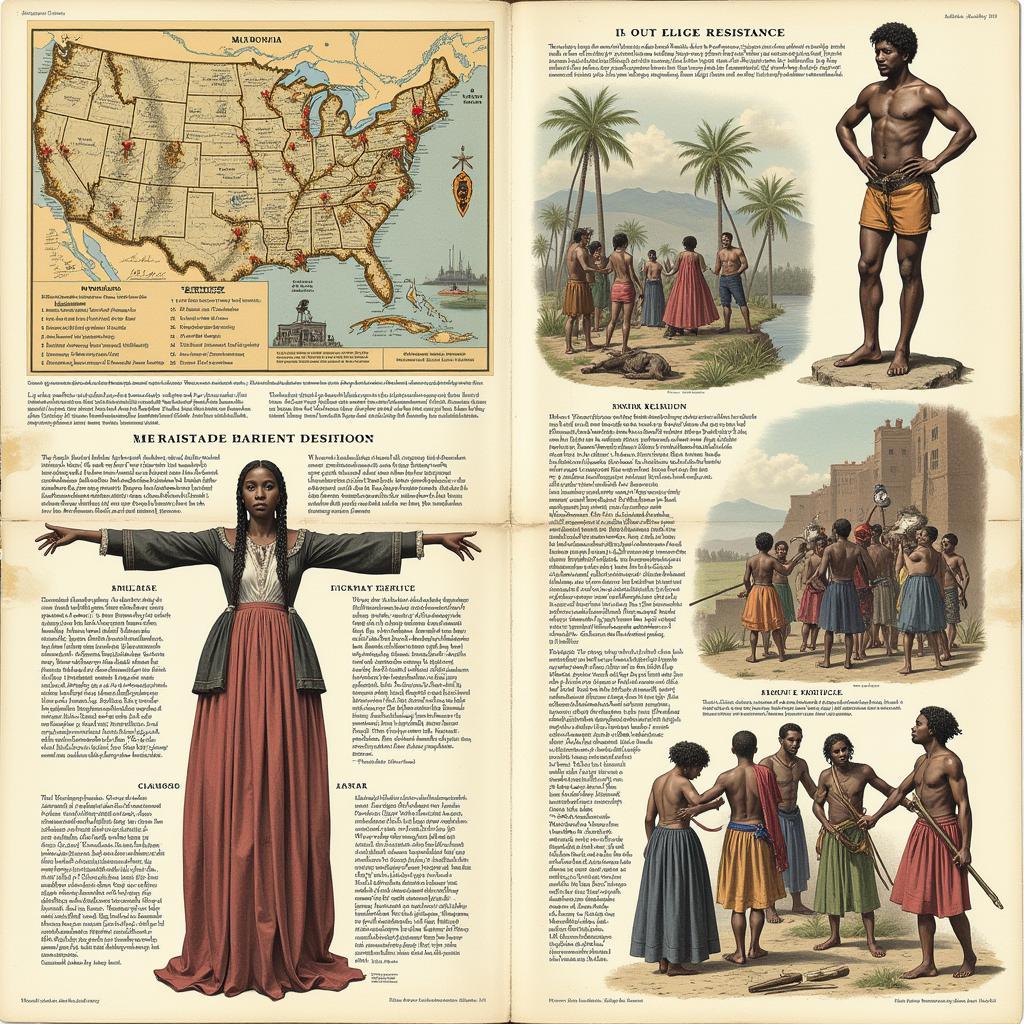 Different forms of African resistance against enslavement.
Different forms of African resistance against enslavement.
Conclusion
Africa And Africans In The Making Of The Atlantic World is a story of tragedy and resilience, exploitation and cultural exchange. Understanding this complex history is crucial to comprehending the present. By acknowledging the profound contributions and sacrifices of Africans, we can work towards a more just and equitable future. For more on African American history and culture, check out African American Information.
FAQ
- What was the transatlantic slave trade?
- How did the slave trade impact African societies?
- What are some examples of African cultural influences in the Americas?
- How did Africans resist enslavement?
- What is the legacy of the slave trade today?
- How did the slave trade shape the Atlantic world?
- What are some resources for learning more about this topic?
Common Scenarios
- Scenario 1: A student researching the impact of the slave trade on African societies.
- Scenario 2: A teacher looking for resources to teach about African culture in the Americas.
- Scenario 3: Someone interested in learning about the different forms of resistance to enslavement.
Suggested Further Reading
- Other articles on this website about specific aspects of African history and culture.
- Links to external resources such as academic journals, museums, and historical societies.
Need further assistance? Contact us 24/7: Phone: +255768904061, Email: kaka.mag@gmail.com, Address: Mbarali DC Mawindi, Kangaga, Tanzania.
